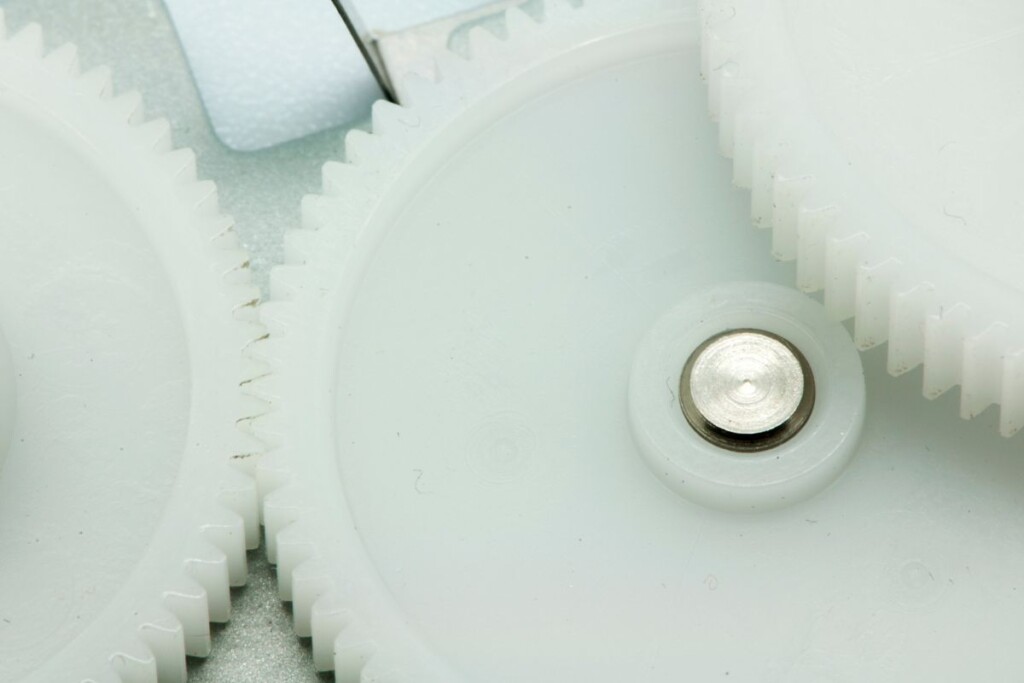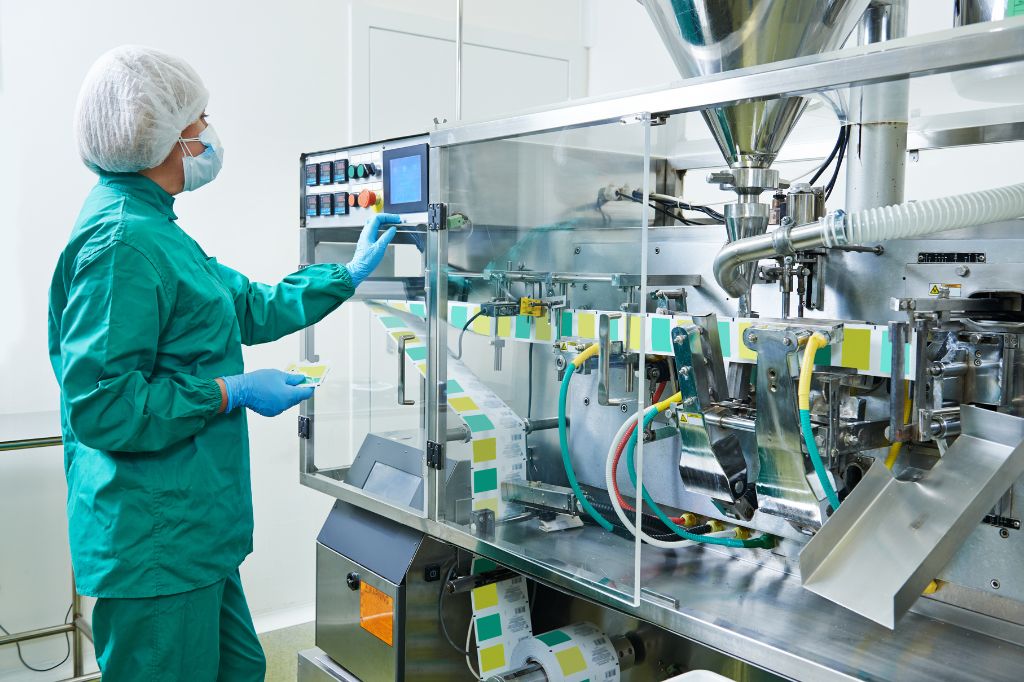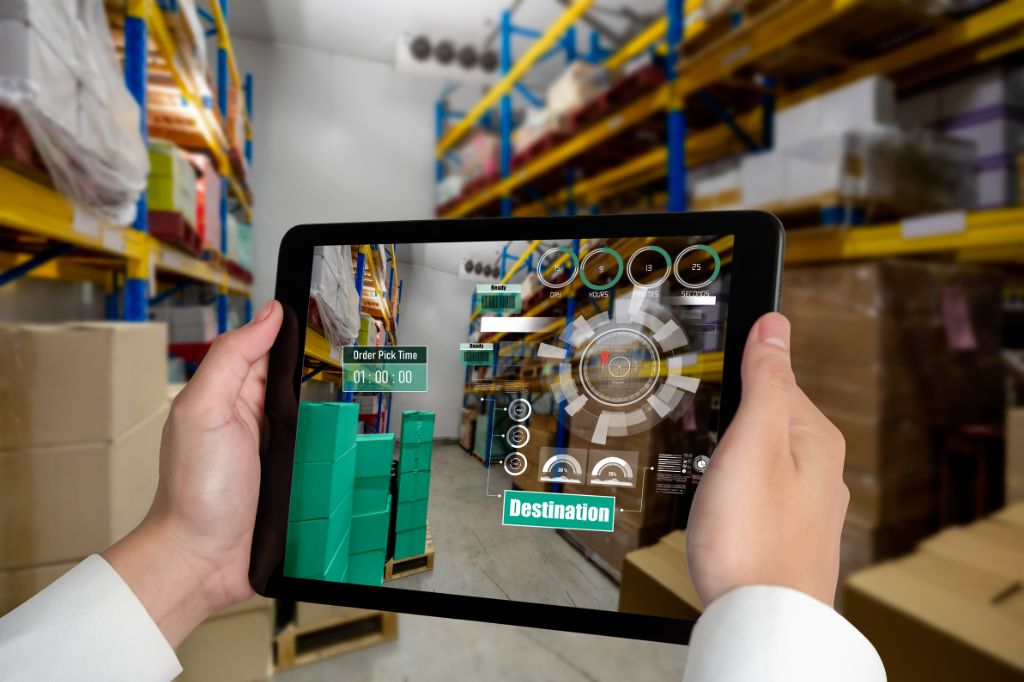
¿Cuál es la función principal de las poleas transportadoras?
Reading time: < 3 minutesIn the fascinating world of conveyor belt evolution and manufacturing, conveyor pulleys play an essential role and are often overlooked. These vital components are responsible for ensuring smooth and efficient movement in industrial conveyor belts.
In this post, we will explore the main function of conveyor pulleys, as well as their usefulness and the materials used in their manufacturing:
What are conveyor pulleys used for?
Conveyor pulleys are primarily used to transfer movement and power along industrial conveyor belts. Below are some of the characteristics of this type of pulley:
- These devices, installed at the ends of the belts, help create a continuous circular path for the movement of the conveyor.
- Conveyor pulleys work in conjunction with a belt that wraps around them, allowing the transport of materials or products along the production line.
- Additionally, conveyor pulleys are also used to tension and properly align the conveyor belt.
- These tasks are essential to ensure optimal performance and a prolonged belt lifespan.
- By controlling the tension and tracking of the belt, conveyor pulleys help prevent slippage, premature wear, and overall performance issues.
What are conveyor pulleys made of?: strength and durabilityd
Industrial conveyor pulleys are manufactured using a variety of materials that offer strength, durability, and other desirable properties. These materials are carefully selected based on the specific requirements of each application and working conditions.
Steel, one of the most common materials used in conveyor pulley manufacturing
Steel offers excellent tensile strength and fatigue resistance, making it ideal for handling heavy loads and demanding working conditions. Additionally, this material can be coated with other materials like rubber to improve traction and reduce wear on the conveyor belt.
Aluminum, a material known for its lightweight and corrosion resistance
Aluminum conveyor pulleys are suitable for applications where lighter loads are transported and greater resistance to corrosion is required.
The Revolution of High-Strength Polymers
These materials offer excellent corrosion resistance, are lightweight, and have self-lubricating properties, which reduce wear and the need for maintenance.
Conveyor pulleys play a fundamental role in the efficient movement of industrial conveyor belts. These small but powerful pieces ensure smooth and reliable transportation of materials and products along production lines. Furthermore, conveyor pulleys help maintain proper tension and tracking of the belt, thereby improving performance and extending its lifespan.
The ongoing evolution in conveyor pulley manufacturing will continue to drive efficiency and performance in the industry, enabling faster, safer, and more reliable material transport at all stages of production. At Eurotransis, we invest in innovation for each of our products. Contact our sales team and discover all that we can offer you.



